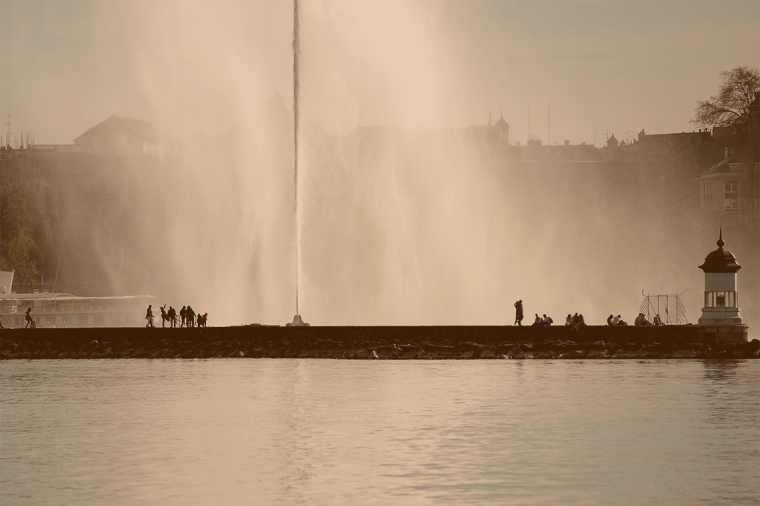How to apply
Can I get in? What sorts of backgrounds do successful applicants have?
The programme’s status as an acknowledged talent pool for some of the most elite organizations in the profession entails an admissions policy that is more selective than those of comparable English translation MAs. Successful applicants come from a wide variety of backgrounds, but one thing they have in common is strong knowledge of French and/or Spanish and exceptional writing skills in English. The entire Anglosphere is represented among the programme’s current and former students. Most, but not all, admitted applicants completed their education in English-speaking countries all the way up to their undergraduate degree. This helps them attain the necessary level of cultural literacy and verbal resourcefulness in the target language. However, many successful applicants spent some of their formative years in a non-English-speaking culture. The most common undergraduate fields of study among admitted applicants are modern languages and English, but an extremely wide range of disciplines is represented, including economics, political science, linguistics, philosophy, music, international relations and chemical engineering.
Standards of foreign-language and writing-skills assessment vary widely from country to country. This is why all applicants are required to sit for entrance exams. The exams are held in Geneva and a few other selected cities around the world. They take place in March and admitted applicants are notified in June. Further information on the application process and entrance exams.
How much does the programme cost and how can I cover my living expenses?
For those who are admitted, the degree is practically free. The Canton of Geneva subsidizes the programme for both foreigners and Swiss nationals, resulting in nominal tuition fees of about 500 Swiss francs (approximately € 460 / £ 330 / $ 500 / CAD 500) per semester. However, students need to find housing in or near Geneva, which can be expensive, and basic living costs in Geneva are high for foreigners due to the strong Swiss franc. In general, though, Masters students are able to cover these expenses by working during their degree.





